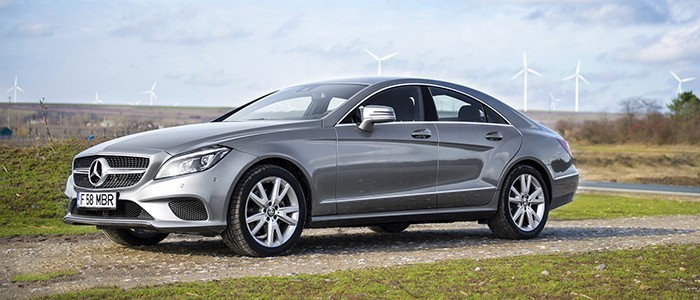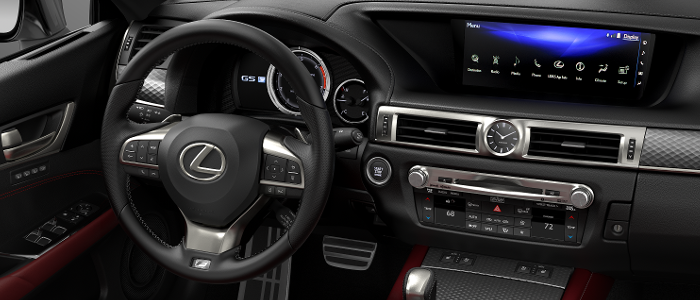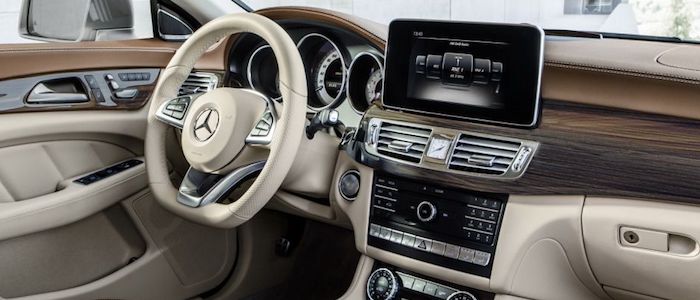Compare two cars
Compare any two cars and get our Virtual Adviser™ opinion
Dimensons & Outlines
Check vehicle history
Engine
4.7 M278 E47
Performance (manual gearbox)
Performance (automatic gearbox)
Expenses
Virtual Adviser's™ opinion
Well, these are two pretty similar cars we have here! It's only details that could potentially make the difference. Considering they both belong to the luxury car segment and utilize the same 4-door sedan body style and the rear wheel drive system, it all comes up to the specific petrol engine choice they offer. The first one has a Toyota-engineered powertrain under the hood, a 8-cylinder, 32-valves 477hp unit, while the other one gets its power and torque from a 8-cylinder, 32-valves 408hp engine designed by Mercedes Benz.
SafetyUnfortunatelly, neither of the two vehicles was submitted to the European New Car Assessment Programme (Euro NCAP) testing. This makes it virtually impossible for me to pick one over the other and I'm generally against buying such cars as the safety should really always come first. That aside, let's consider some other aspects which affect safety. Both vehicles belong to the luxury car segment, which is generally a very good thing safety-wise, but that fact doesn't break the tie between the two cars. On the other hand, taking kerb weight as an important factor into account, the German car offers a marginal difference of 5% more metal.
ReliabilityI don't like generalizing things when it comes to reliability, although it does seem that Lexus as a brand displays somewhat better results, at least on all of the models level. That's the official data, while our visitors describe reliability of Lexus with an average rating of 4.9, and models under the Mercedes Benz badge with 4.3 out of 5. Unfortunatelly, I don't have enough insight that would allow me to comment in more details on the specific models level. We should definitely mention that owners of cars with the same powertrain as the Japanese car rank it on average as 3.0 out of 5, exactly the same as the other one.
Performance & Fuel economyLexus is a bit more agile, reaching 100km/h in 0.3 seconds less than its competitor. In addition to that it accelerates all the way to 270 kilometers per hour, 20km/h more than the other car. When it comes to fuel economy an obvious choice would be the German car, averaging around 8.5 liters of fuel per 100 kilometers (33 mpg), in combined cycle. That's 32% difference compared to the Japanese car!
Verdict
Lexus appears just a bit more reliable, although the difference is truly marginal. The most important thing when deciding between any two vehicles should always be safety, both passive and active. In my opinion, everything taken into account, the German car offers slightly better overall protection and takes the lead. From there things take a different direction, with Lexus outracing its opponent in any situation possible, making it better choice for boy racers. It does come at a cost though, and that's the fuel consumption... I believe that, when we take all into account, we have only one winner here - the Mercedes Benz. Nevertheless, let's not forget that people have different preferences and needs, so what really counts is your personal feel. I'm only here to help. Also, you could use the oportunity to find out which car, everything taken into account, would be the perfect choice for you in the eyes of the virtual adviser™, among thousands of similar, yet so different vehicles.
































